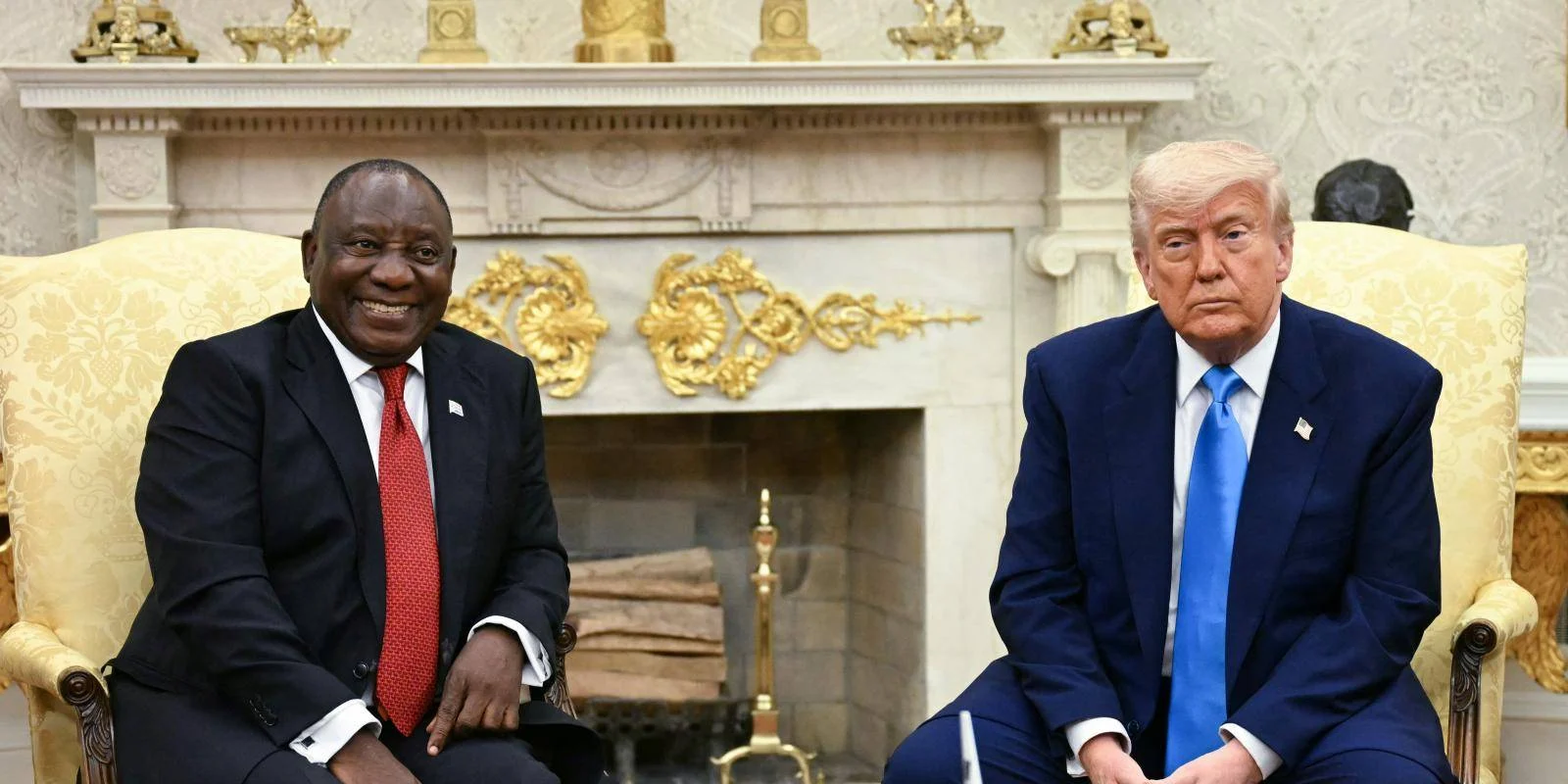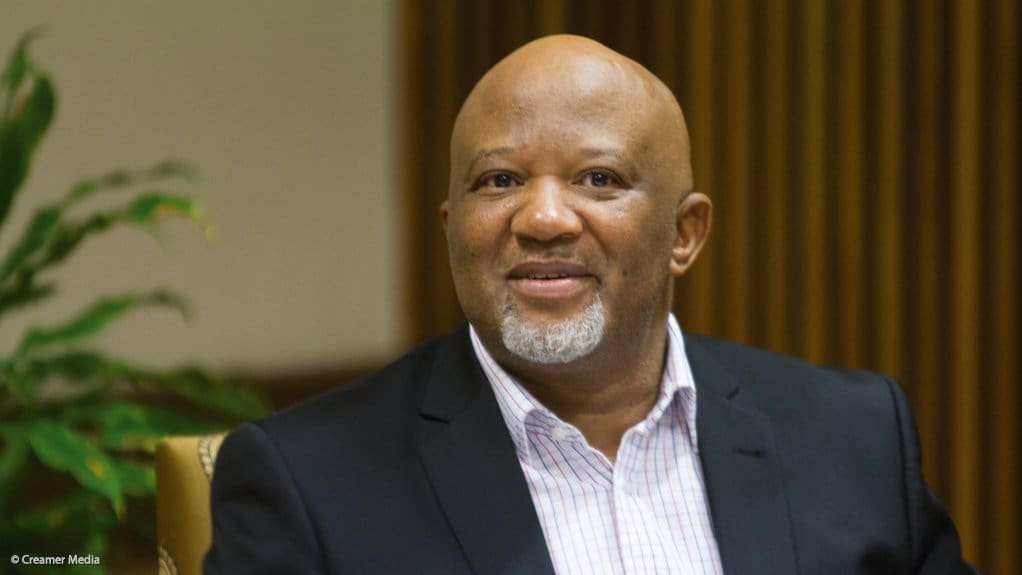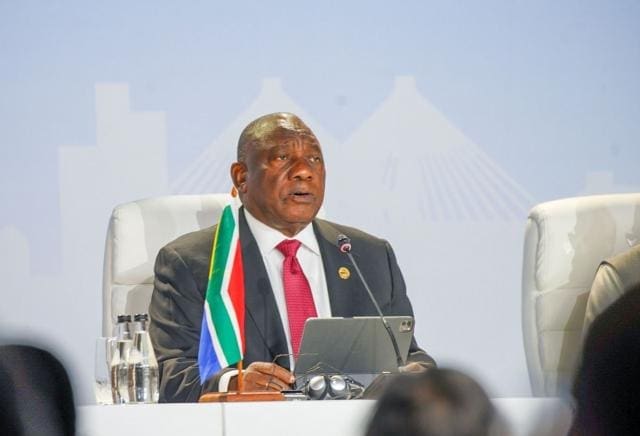A U.S. bill proposing a review of relations with South Africa and potential sanctions against ANC officials has passed its first legislative hurdle.
On April 3, 2025, Congressman Ronny Jackson (TX-13) introduced the *U.S.-South Africa Bilateral Relations Review Act of 2025*, which mandates a full assessment of bilateral ties and empowers President Donald Trump to impose sanctions on South African officials accused of supporting U.S. adversaries like China, Russia and Iran. Representative John James (MI-10) is co-sponsoring the legislation.
Today Jackson posted on X: “South Africa made its choice when they abandoned America and our allies and sided with communists and terrorists.
“Today, my bill to fully review America’s relationship with South Africa and give President Trump the tools necessary to hold their corrupt government accountable passed through committee. The days of allowing our so-called ‘allies’ to walk all over us are OVER!”
Sherwin Bryce-Pease, SABC News’ UN/US Correspondent, confirmed on X: “Congressman Ronny Jackson, who authored bill to review bilateral relationship between USA & South Africa says the legislation has passed through committee.
“If House votes to pass legislation, it will head to the Senate. Unclear when a full House vote will take place after Speaker Johnson sent lawmakers home until September.”
Congressman Ronny Jackson, who authored bill to review bilateral relationship between USA & South Africa says the legislation has passed through committee.
If House votes to pass legislation, it will head to the Senate. Unclear when a full House vote will take place after… https://t.co/UTnhUGSqAh
— Sherwin Bryce-Pease (@sherwiebp) July 22, 2025
The bill requires a classified report within 120 days identifying ANC leaders and South African officials allegedly involved in corruption or human rights abuses, along with a timeline for potential sanctions.
In a press release three months ago, Jackson accused South Africa of undermining U.S. interests: “South Africa has brazenly abandoned its relationship with the United States to align with China, Russia, Iran, and terrorist organisations, a betrayal that demands serious consequences.”
He added: “This legislation ensures we conduct a comprehensive review of this supposed ‘ally’ while also holding accountable any corrupt officials.”
If enacted, the bill would strengthen Trump’s foreign policy by enabling sanctions against officials deemed uncooperative.
“The era of governments undermining American interests without repercussions ends now,” Jackson declared.
James and Jackson have criticized South Africa’s alignment with China, Russia, and Iran, as well as its anti-Israel stance, arguing these actions threaten U.S. security. They also highlighted concerns over ANC ties to the Chinese Communist Party (CCP), accusing Beijing of human rights violations and economic coercion.
Key Issues Cited in the Bill:
-
ANC’s alleged abandonment of non-alignment in favor of adversarial nations.
-
Support for Hamas, a U.S.-designated terrorist group linked to Iran.
-
Anti-Israel rhetoric from South African officials post-October 7 attacks.
-
Close ties with Russia, accused of war crimes in Ukraine.
-
ANC’s relationship with the Chinese Communist Party, criticized for human rights abuses in Xinjiang.
-
Mismanagement of state resources and public service failures.
-
Former ambassador Ebrahim Rasool’s remarks calling Trump “extreme” and a “white supremacist.”
The bill now awaits a full House vote, with further Senate approval required before becoming law.
————————————————————————————————————————–
Fuse Lit: SA’s U.S. Tech Bomb ‘Nears Detonation’

South Africa’s political discourse remains fixated on squabbles in the Government of National Unity (GNU), while a far more consequential threat looms: one that could devastate the economy, cripple state functions, and isolate the country from global tech infrastructure.
That threat is the impending United States–South Africa Bilateral Relations Review Act (H.R. 2633), which, if passed, could trigger a chain reaction of sanctions, investment flight, and technological decoupling.
The question is not if South Africa is prepared, it’s whether GNU, led by the African National Congress (ANC), even recognises the danger.
The U.S. Supreme Court’s recent ruling in Trump v. CASA (2025) confirmed that only the Supreme Court can block nationwide injunctions against executive orders.
This means that if President Donald Trump signs an order restricting tech exports or imposing sanctions on South Africa, there will be no quick legal fix.
Given South Africa’s deepening ties with Russia, China, and Iran, considered adversarial states by the U.S., the risk of punitive measures looms large.
The Democratic Alliance (DA), the second-largest party in the GNU, on Tuesday claimed that President Cyril Ramaphosa was aware, for months, that his “Special Envoy” to the U.S., Mcebisi Jonas, failed to get a visa.

With South Africa just two weeks away from potentially crippling 30% U.S. tariffs, the DA said Jonas was denied a diplomatic visa by the US in May 2025, and Washington formally rejected his credentials, and refused to acknowledge him as South Africa’s legitimate representative.

